#books
Text

#funny#lol#haha#humor#meme#memes#dark academia#light academia#words#quotes#books#book quotes#goth#spooky#gothic
7K notes
·
View notes
Text




Sometimes, you read a book and it fills you with this weird evangelical zeal, and you become convinced that the shattered world will never be put back together unless and until all living humans read the book.
— John Green.
#academia lucifer#aesthetic#academia#moodboard#romanticism#escapism#books and coffee#books and libraries#books#quotes#lit#literature quotes#literature#typography#writing#writeblr#writers and poets#spilled heart#spilled emotions#spilled feelings#spilled ink#dark academia#dark aesthetic#dark moodboard#dark acadamia aesthetic#dark academia moodboard#chaotic aesthetic#chaotic academia#classic academia#classical academia
1K notes
·
View notes
Text
We ask your questions so you don’t have to! Submit your questions to have them posted anonymously as polls.
#polls#incognito polls#anonymous#tumblr polls#tumblr users#questions#polls about interests#submitted dec 17#books#reading#media
805 notes
·
View notes
Text


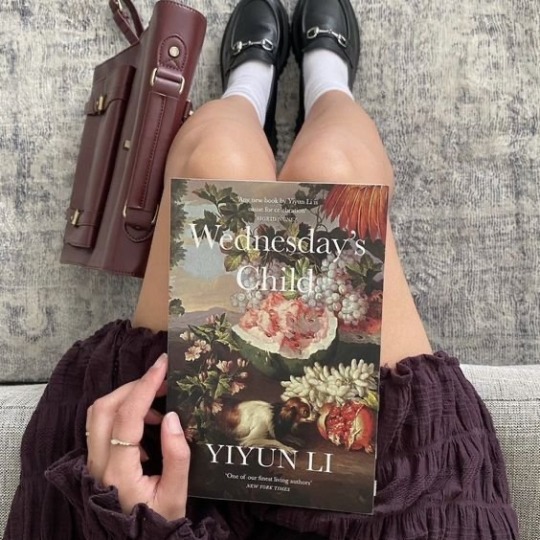

#there’s something very soft and girly with this#cottagecore#nature#naturecore#flowers#flowercore#soft aesthetic#books#coquette#light academia aesthetic#cottage academia
576 notes
·
View notes
Text
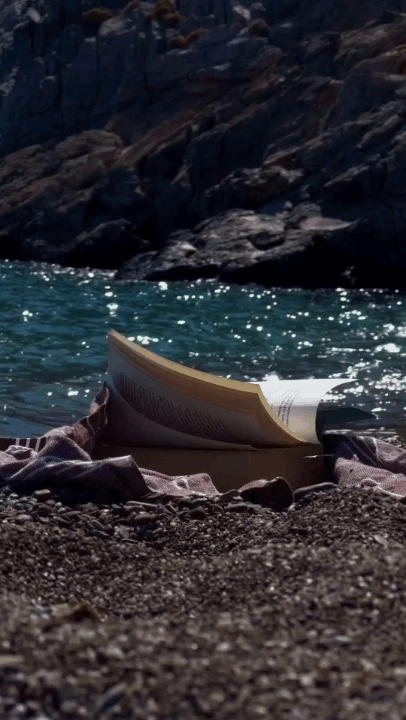
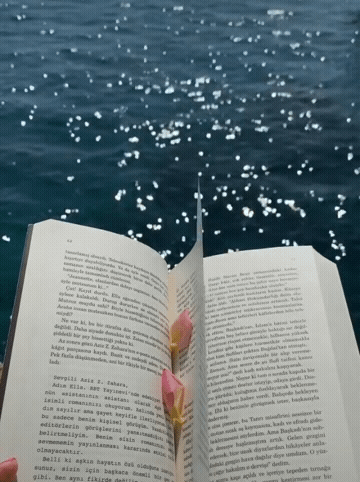


#landsccape#paradise#nature#adventure#explore#travel#travelling#aesthetic#photography#landscape#cottagecore#naturecore#flowercore#flowers#farmcore#books#books and libraries#indie#vintage#retro#pretty#pale#ocean#beach#beauty#lake#curators on tumblr#photographers on tumblr#dark acadamia aesthetic#cottage witch
557 notes
·
View notes
Text
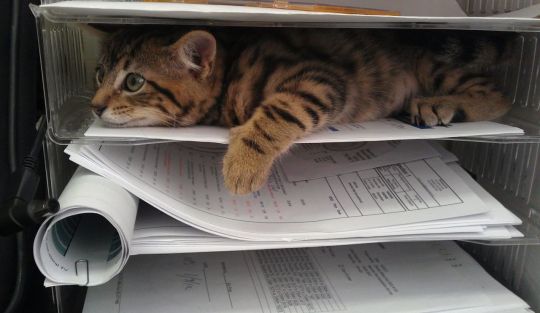
#animal#animals#cat#cats#kitty#kittens#pet#pets#baby animals#cute animals#adorable#photography#vintage#aeshetic#books#book#quotes#dark academia#art#artists on tumblr
416 notes
·
View notes
Text
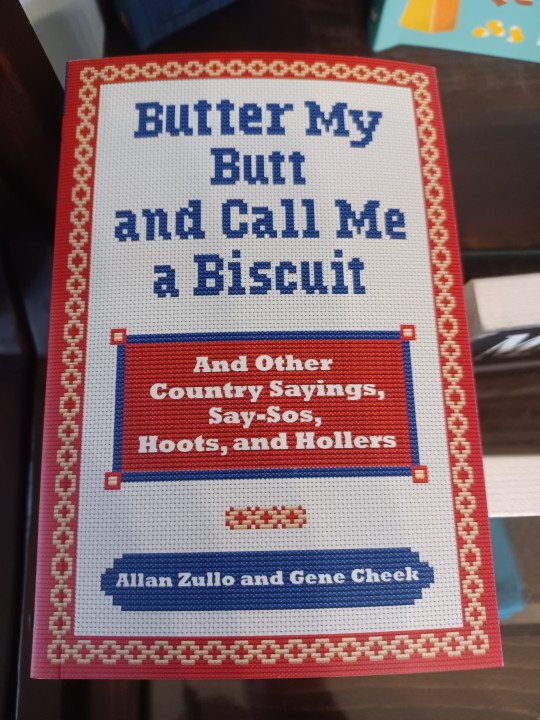
450 notes
·
View notes
Text

I'm thrilled to reveal the cover for SCRIMSHAW, my new gothic horror novel and the next Deephaven Mystery!
Guinevere "Nev" Tallow and Danny Harper discover an old skull with prophecies of doom etched into its teeth. As the predictions start to come true, the friends must race against time to unravel the secret behind the sinister origins of the skull before it's too late.
The illustrated mystery lands on shelves this September, reserve your copy now at your local bookstore!
386 notes
·
View notes
Text
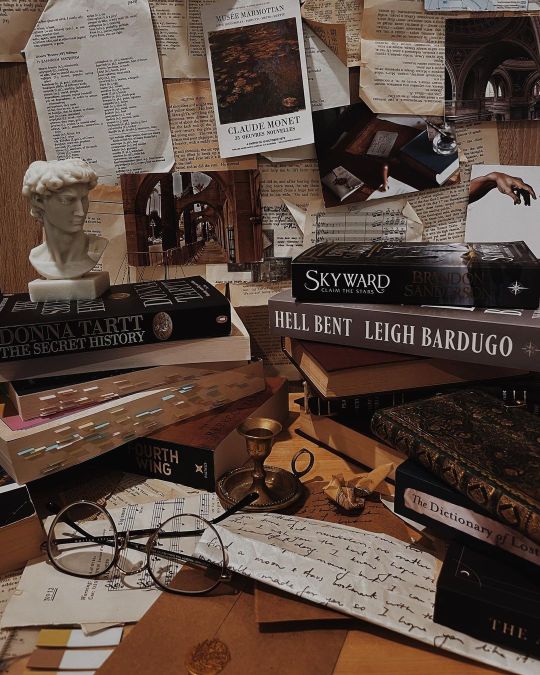
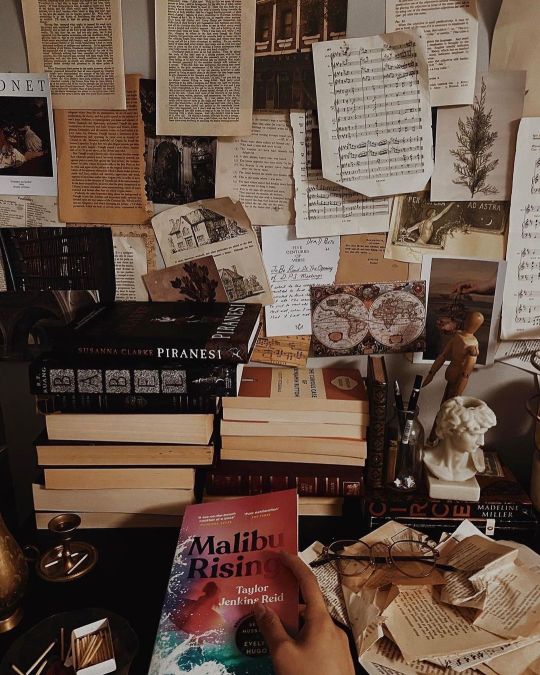




Instagram credit: l_reads
#dark academia#dark academia aesthetic#dark academia vibes#books#bookblr#bookworm#old books#world book day#classic literature#literature#light academia#light academic aesthetic#light academia aesthetic#beige tones#beige aesthetic#beige#cozy places#cozyblr#comfy aesthetic
292 notes
·
View notes
Text
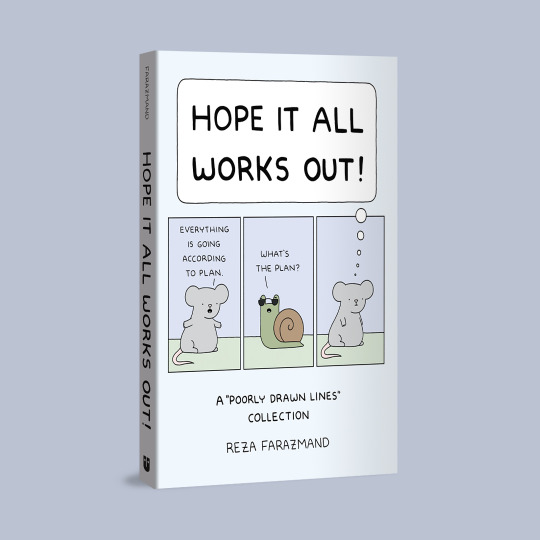
New book coming this Fall! Pre-order today. Featuring 200 pages—including 32 pages of brand new comics—Hope it All Works Out! contains all your favorite Mouse and friends comics, along with a selection of my best material from the past few years. In stores September 24!
Pre-order here: https://www.simonandschuster.com/books/Hope-It-All-Works-Out!/Reza-Farazmand/9781524893897
204 notes
·
View notes
Text
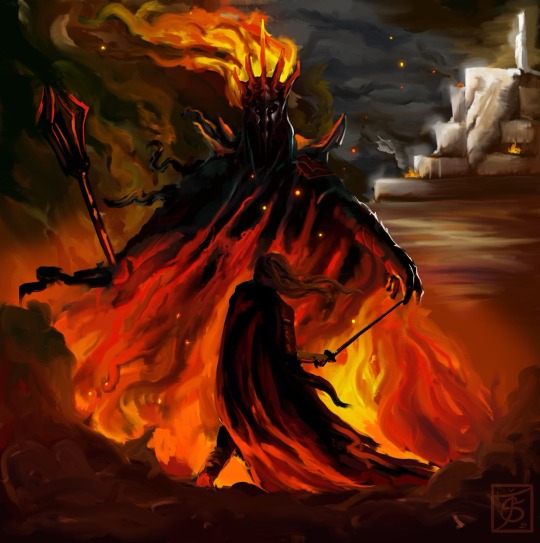
No man
Éowyn faces the Witch king of Angmar on fields of Pelenor.
#digital painting#digital illustration#portrait#painting#animation#artwork#digital art#drawing#tolkien#lotr#lord of the rings#fanart#fantasy#the hobbit#sauron#the simarillion#mordor#jrr tolkien#books#movies#art#noai#follow#like#eowyn
155 notes
·
View notes
Text
Listen, I do not need more books but I want more books because I have a long train journey coming up and the book I have right now (Hamnet by Maggie O’Farrell) is making me cry way too much to read in public.
175 notes
·
View notes
Text
Making the Most out of your First Draft
As someone who used to write every first draft without planning and then use that to figure out characters and outlines, I have a lot of experience in first drafts that are incredibly helpful to forming an actual story, and drafts that don’t add much.
So here’s how to make the most out of your first draft:
1. Write what doesn’t make sense
One of the most helpful first drafts I ever wrote abandoned plotlines and started new ones as though they had existed all along like several times. It was also the longest draft I had ever written because I had packed so many ideas into it. The reason why this is helpful is because you can test out what a plot point will look like in the middle or even end of your story without having to go back to the same beginning again and again.
It doesn’t need to make sense, just try things out. Disappear characters who don’t work, add a best friend near the end that acts like they’ve been there the entire time, whatever idea you’re interested in you can try out without worrying too much about what makes sense or what you’d need in place to set it up. It's like literally stream of consciousness writing, and you're going to learn so much more about your world, plot, and characters than trying to make it make sense.
2. Write poorly
I spent a lot of that first draft having characters monologue to themselves or each other about their interests and problems and lives which allowed me to explore their backstories and voice even if that’s not something I would do in a final draft. I had the wackiest plot points to see how my characters would react, what would happen to the plot, and if I didn’t like it I would keep going like nothing had happened, I did a lot of yadda-yaddaing over worldbuilding and setting the scenes and making up things on the spot to see if they’d stick, skipping sometimes to the interesting stuff, or adding in a random scene just for fun.
It doesn’t have to be good. Even a little bit. You’re learning about your world and your characters and the story you want to tell, but you aren’t writing it yet. Allow it to be the worst thing you’ve ever written.
3. Make notes on what you like
As you go through and throw spaghetti at the wall (figuratively speaking), make notes on the things that stick. If you write a line of dialogue you really like, or a piece of backstory or even a vibe, make sure to make a note of it somewhere. This will help you narrow down your ideas to what you want to keep when you start writing your story. And if you’re like me and you want to outline or plan your subsequent drafts, these notes will be invaluable to start forming your planning.
Anything else I missed?
#writing#creative writing#writers#writing community#screenwriting#writing inspiration#books#filmmaking#film#writing advice#first draft#making the most out of your first draft#pantsing#pantser#writers on tumblr
182 notes
·
View notes
Text
(...) Epstein flew into a rage and asked where the airline proposed to put us [in Anchorage, Alaska] while we waited for the typhoon to blow itself away. He was not completely reassured by the captain's personally delivered promise that arrangements were in hand to put up our entire party in a downtown Anchorage hotel, probably the Westwood, one of the best in the area and well-known to airline crews. (...) Seeing that Brian was still angry, he returned later to say that he had fixed for John, Paul, George and Ringo to share the hotel's bridal suite and several equally well-appointed adjoining rooms. This caused much amusement among the four boys who instantly began proposing marriage to one another.
John, Paul, George, Ringo & Me: The Real Beatles Story, Tony Barrow (2005)
174 notes
·
View notes
Text
Odd interaction at the bookstore yesterday. Got summoned to the register in my capacity as Employee Who Knows About Old Books because a customer wanted to know what Don Quixote was about.
(Yes, this does mean that the employee already at the register wasn’t able to answer that question. I have a lot of “what are they teaching you in those schools?” interactions with my younger co-workers.)
Anyway, I gave the customer a quick synopsis. He asked if I’d recommend it, and I said I would, that it was not only well-written but also pretty accessible & engaging for a novel written four hundred years ago. Then he asked if he would “see things differently after reading it.”
He then elaborated that he really liked Paulo Coelho’s The Alchemist and wanted other books he read to have a similar paradigm-shifting effect.
(I haven’t read The Alchemist, specifically because every time someone recommends it to me they use this same kind of language, which makes me feel like they’re trying to get me to join a cult rather than read a book.)
We are in a college town, so “young person who’s just learned what philosophy and poetry are and now thinks of themselves as Deep” is a Type of Guy we encounter fairly frequently.
(Just a few hours before this, I overheard a young man recommending a book to his female companion because it would “help with her creative energies”.)
So it’s not that this is particularly unusual in vibes, it’s more that… this seems like an odd standard to hold a novel to before you read it. And it’s an odd question to ask your local bookseller — “will this book change my life?” I dunno, man, I don’t know your life. Maybe it will, books do that sometimes.
Anyway, I told him “probably”, because honestly Don Quixote is a really good book and I think more people should read it. And, I dunno, maybe it will make him see things differently.
(It might even make him see novels as intrinsically worth reading rather than as vessels for personal change.)
I have no idea if that worked, because as mentioned I wasn’t at the register at the time. I went back to organizing the used books and didn’t see him again. Kind of hope he bought it.
(To be clear, at no point during this conversation was he holding a copy of Don Quixote. I had to instruct him to look under “C” for “Cervantes” if he decided he wanted to buy it. His curiosity was sparked by a set of novelty bookends.)
186 notes
·
View notes
Text
Fortnight ft. Post Malone = Daniel Deronda, George Eliot
The Tortured Poets Department = Wuthering Heights, Emily Brontë
My Boy Only Breaks His Favorite Toys = Emily's Quest, L.M. Montgomery
Down Bad = Le Petit Prince, Antoine de Saint-Exupéry
So Long London = Brideshead Revisited, Evelyn Waugh
But Daddy I Love Him = Far from the Madding Crowd, Thomas Hardy
Fresh Out the Slammer = Hello Beautiful, Ann Napolitano
Florida!!! = Demon Copperhead, Barbara Kingsolver
Guilty as Sin = Crush, Richard Siken
Who's Afraid of Little Old Me? = "Fan-Fiction," Tavi Gevinson
I Can Fix Him (No Really I Can) = Furious Love: Elizabeth Taylor, Richard Burton, and the Marriage of the Century, Nancy Schoenberger and Sam Kashner
loml = Averno, Louise Glück
I Can Do It with a Broken Heart = Tracy Flick Can't Win, Tom Perrotta
The Smallest Man Who Ever Lived = "Good Country People," Flannery O'Connor
The Alchemy = Pride & Prejudice, Jane Austen
Clara Bow = The Princess Diarist, Carrie Fisher
TTPD booklist! Connections and vibes, nothing set in stone. Credit for #4 to @itspileofgoodthings and for #14 to @thisisctrying
135 notes
·
View notes